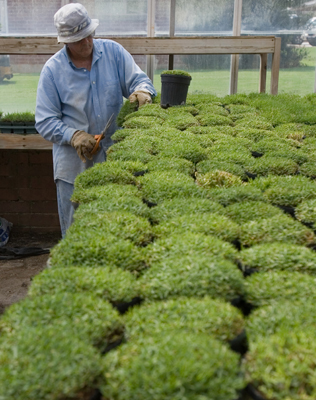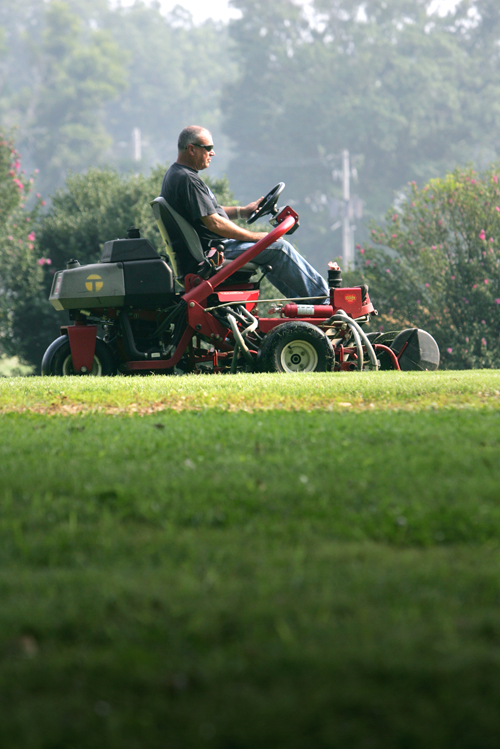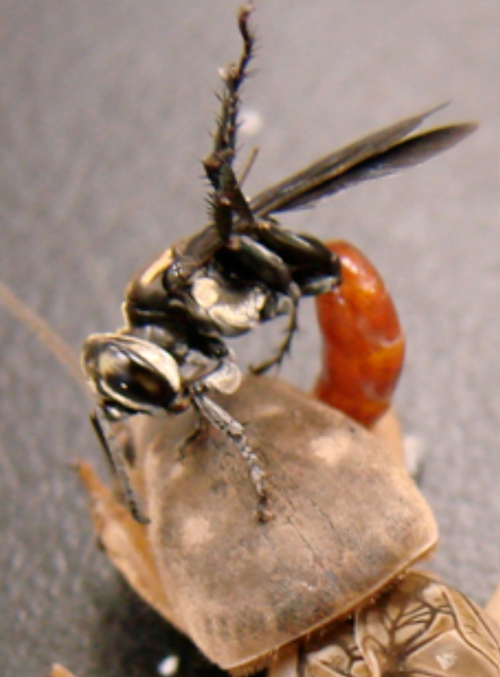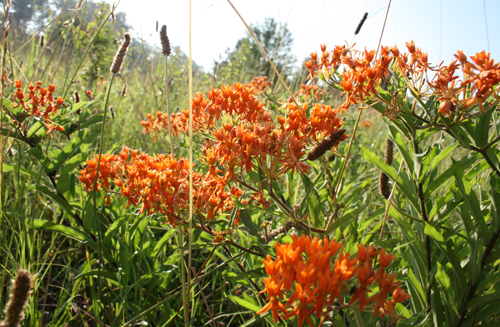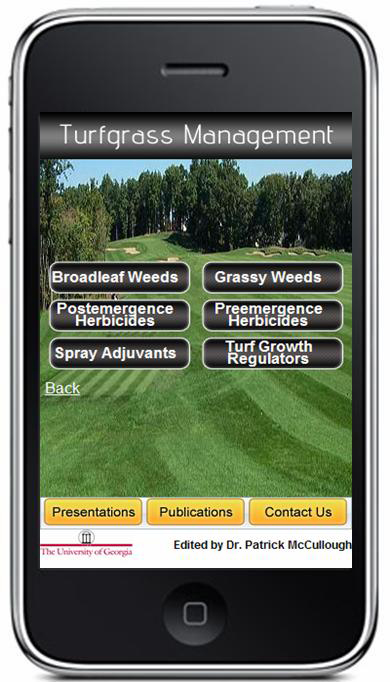World Cup grass
The World Cup is the premiere stage for soccer, the world’s most popular sport. This year, part of that stage is covered in a grass developed by a University of Georgia turfgrass breeder on the UGA campus in Tifton, Ga.

